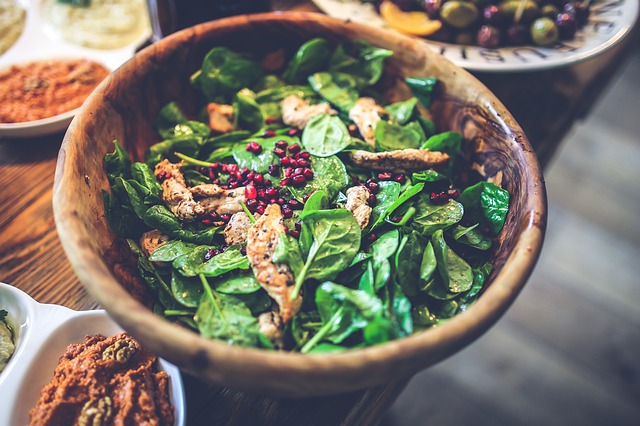Women’s Health Tips for Losing Weight
We all know there are many differences between men and women. This is especially true when it comes to losing weight. Women tend to have less muscle and slower metabolisms, making it harder for them to shed excess pounds and keep them off. This doesn’t mean it’s impossible for women to maintain a healthy weight, but it does take time and consistency. If you want to get your body bikini ready, these tips will help you understand what it takes to get the body you’ve always wanted.
Skip the Fad Diets
It seems like every week there’s a new diet that all the Hollywood stars are touting. Over the years many of them have had their time in the news, from the Atkinson Diet to the South Beach Diet and the Zone Diet. These diets have extreme protocols restricting all carbs or eating only pre-packaged meals, but none of them are realistic for you to carry on long-term. Because you’re either starving yourself or you’re cutting out a major food group, these plans can wreak havoc on your metabolism, often causing you to gain back any weight that was lost and then some.

In general, you should try to eat a well-balanced diet based on whole foods such as grains, fruits, vegetables, and lean protein sources. Stay away from processed foods that are filled with chemicals and devoid of fiber and nutrients. Eating high fiber foods like fruits and vegetables will help you to feel full and they help the body to reduce cholesterol.
Your protein should include lean chicken, fish, eggs, legumes, and limited amounts of red meat. Dairy products are acceptable and when eaten in moderation have been shown to help dieters lose weight and keep it off. It’s not necessary to avoid all fats, but choose foods with healthy fats such as olive oil and avocados. Your body needs fat to absorb certain vitamins and small amounts of fat will help create a feeling of satiety, helping you to eat less.
Healthy eating is about being mindful not just of what you consume but how much as well. Make sure that you are eating proper portions. A good rule of thumb is that a portion of most foods is about the size of your fist. To help shrink your portions, try eating from a smaller plate. When using a large plate, people tend to fill the plate with more food than necessary. When you finish what’s on your plate, don’t go back for seconds right away. Give your body some time to digest. It usually takes about twenty minutes for your stomach to signal to your brain that it’s full.
As you adjust your diet, make sure you do not move to an extremely low-calorie diet. We know that too much food is unhealthy because it turns to fat, but if you don’t eat enough food, you won’t get the nutrients you need, which is just as harmful as being overweight. If you find that you are losing weight at a rate of more than one to two pounds per week, you should increase the number of calories you are consuming. Some people also check for medicines that are believed to help weight loss, but a doctor’s recommendation is a need.
Exercise isn’t Just about Cardio

Everyone knows that a healthy diet is only half the battle when it comes to losing weight. Exercise can help rev up that slow metabolism that women have to overcome. A good cardio workout is ideal for weight loss, but it’s going to take more than time on the treadmill or elliptical if you really want to get your body in shape.
In order to lose weight and keep it off, you need to incorporate weight training into your exercise routine. Resistance training burns calories and builds muscle. The more muscle mass you have, the more calories your body burns even at rest. Many women worry that weight training will create unsightly, bulky muscles, but if you choose a lighter weight and aim for higher reps it will build long, lean muscles, not bulk.
Consistency is Key

A healthy diet combined with cardio and weightlifting are the building blocks to losing weight. The key is being consistent. Make sure that you can stick with the changes you are making. Some people find that scheduling time on their calendar helps them stay on track with their exercise. It may also help you to keep a food journal so you can review and adjust your diet. Often times, people enjoy the accountability of a fitness partner who can share their triumphs and challenges. Everyone is different and it may take some experimenting to find the right combination of diet and exercise that works for you.
[ppmaccordion][ppmtoggle title=”About the Author – Julie Hackett from South Carolina”]
Julie Hackett is a health and wellness coach based in Hilton Head, South Carolina. She believes that fitness is not about a particular diet or strict exercise regime. Her coaching philosophy is to help people find their unique path to a healthier, active life. As a triathlete, she is passionate about living a healthy lifestyle and helping others on their journey to a better life.[/ppmtoggle] [/ppmaccordion]
